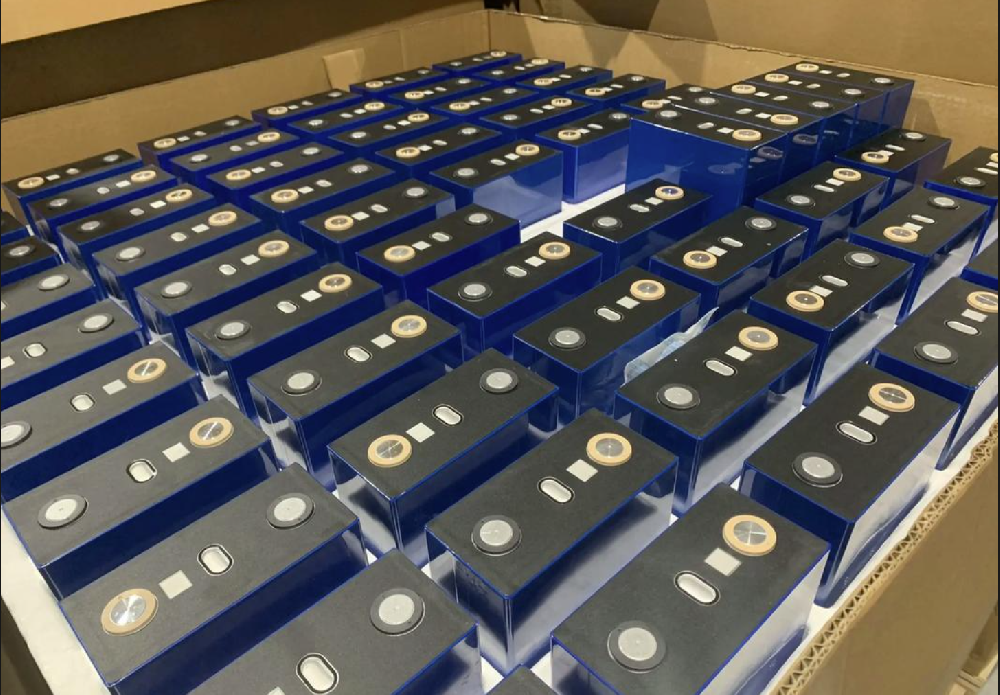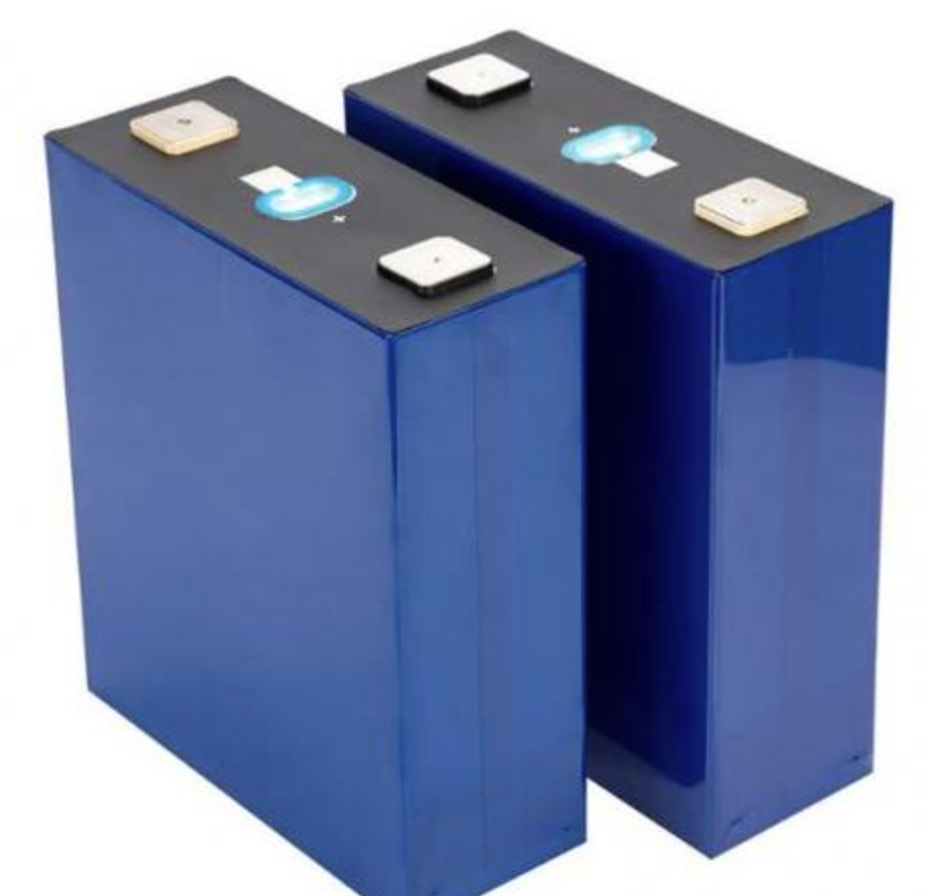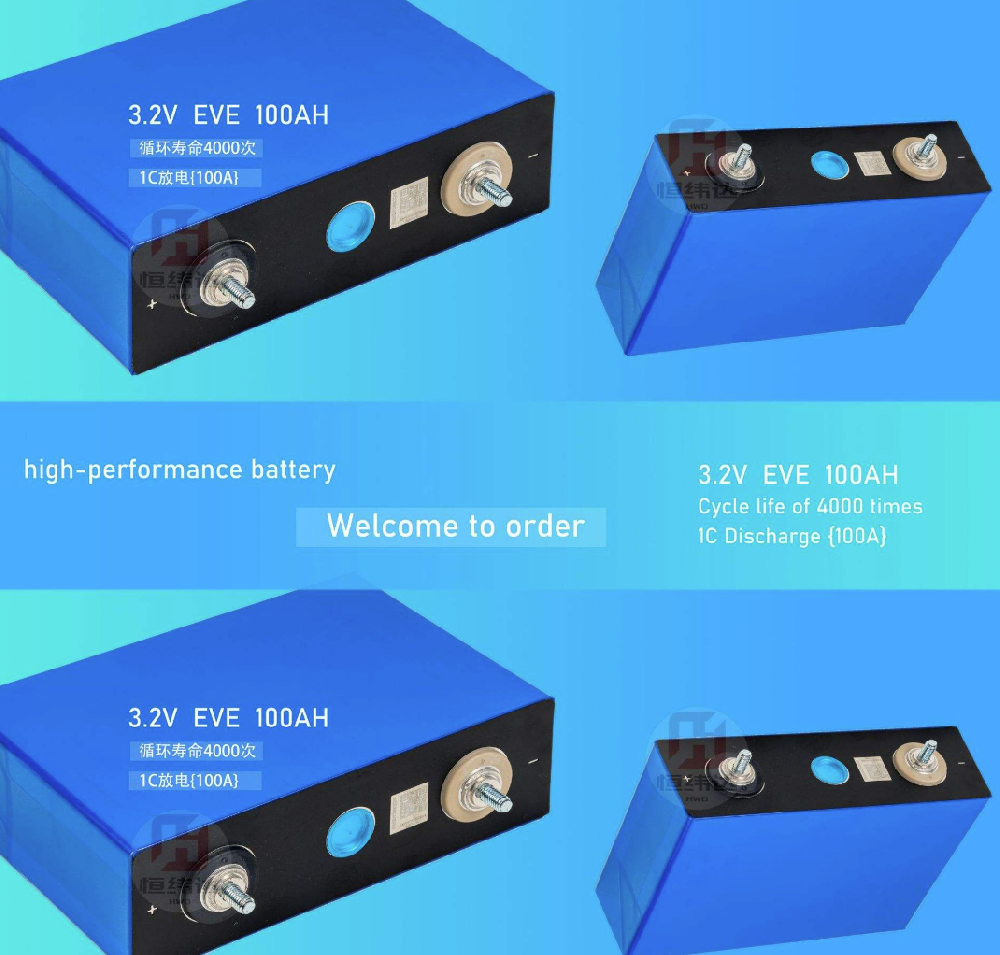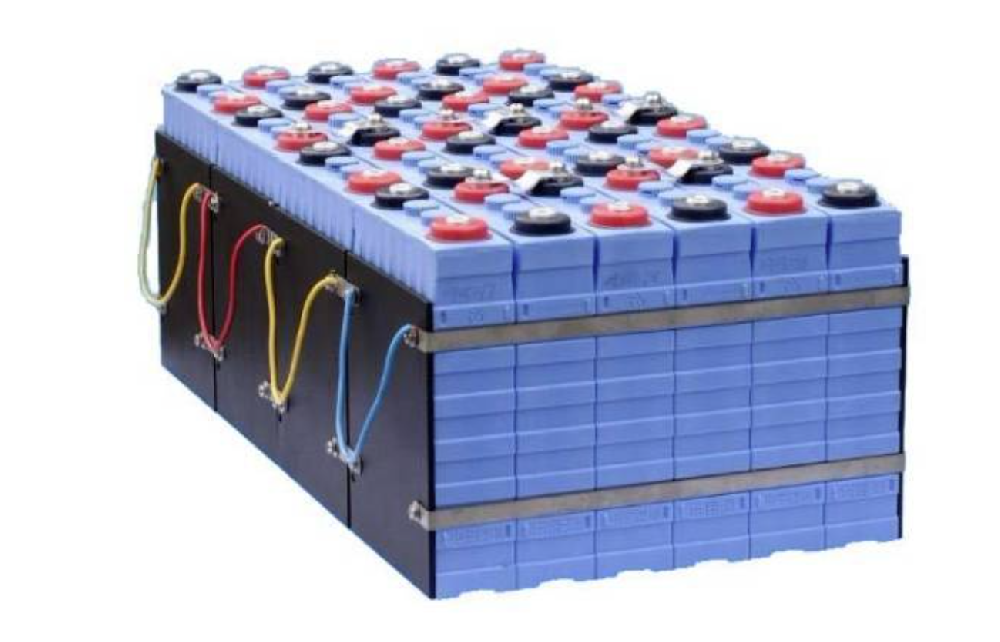Is lithium battery safe?
Entering 2023, China's automobile industry has ushered in an unprecedented glorious moment, with both production and sales exceeding the historical mark of 30 million vehicles. In this prosperity, new energy vehicles are like a shining star, with a penetration rate of 31.6%. Just one year later, in 2024, China's annual output of new energy vehicles will exceed the 10 million mark.
However, behind this new energy wave, there is a problem that cannot be ignored: the recycling of power batteries. According to the China Business Industry Research Institute, by 2025, the number of retired power batteries in my country will reach an astonishing 1.04 million tons, and by 2030, this number may soar to 3.5 million tons. With such a huge amount of scrapped batteries, how to effectively recycle and utilize them has undoubtedly become a major issue that the entire industry needs to solve urgently.
Under the surging "scrap tide", the flow management of power batteries has become a thorny problem. Data shows that by the end of 2024, the number of new energy vehicles in China has reached 31.4 million, and the installed capacity of power batteries ranks first in the world. With the continuous implementation of the "two new" policies, namely promoting large-scale equipment renewal and consumer goods replacement, the retirement tide of power batteries is coming as expected.
The average service life of automotive power batteries is 5 to 8 years, which means that a large number of new energy vehicles purchased early have or are about to enter the scrap period.
According to Tianyancha data, there are more than 40,000 registered recycling companies related to power batteries in China. This means that the flow management of power batteries after scrapping faces huge challenges. A large amount of battery recycling materials are diverted by informal markets and cannot enter compliant companies for recycling and reuse.
In this "battle" of power battery recycling, non-compliant companies have purchased waste batteries on a large scale with the advantage of low costs, making many compliant companies "hungry" because they cannot find recycled raw materials. This phenomenon of "the inferior survives the superior" not only hinders the healthy development of the industry, but also brings multiple hidden dangers. Ke Yanchun, director of the Science and Technology Innovation Department of China Resources Recycling Group, revealed that during their research, they found that the flexible disassembly production line invested and produced by a well-known automobile manufacturer has been shut down for a long time due to lack of supply. When the startup cost is far higher than the income, these advanced production lines naturally become decorations.
If retired power batteries flow into the informal market, it will not only easily cause environmental pollution and safety hazards, but also run counter to the original intention of developing new energy. Zhang Tianren is deeply worried about this. He pointed out that some non-compliant disassembly companies use rough methods to crush batteries, which not only causes environmental pollution, but also seriously disrupts the normal order of my country's power battery recycling industry.







